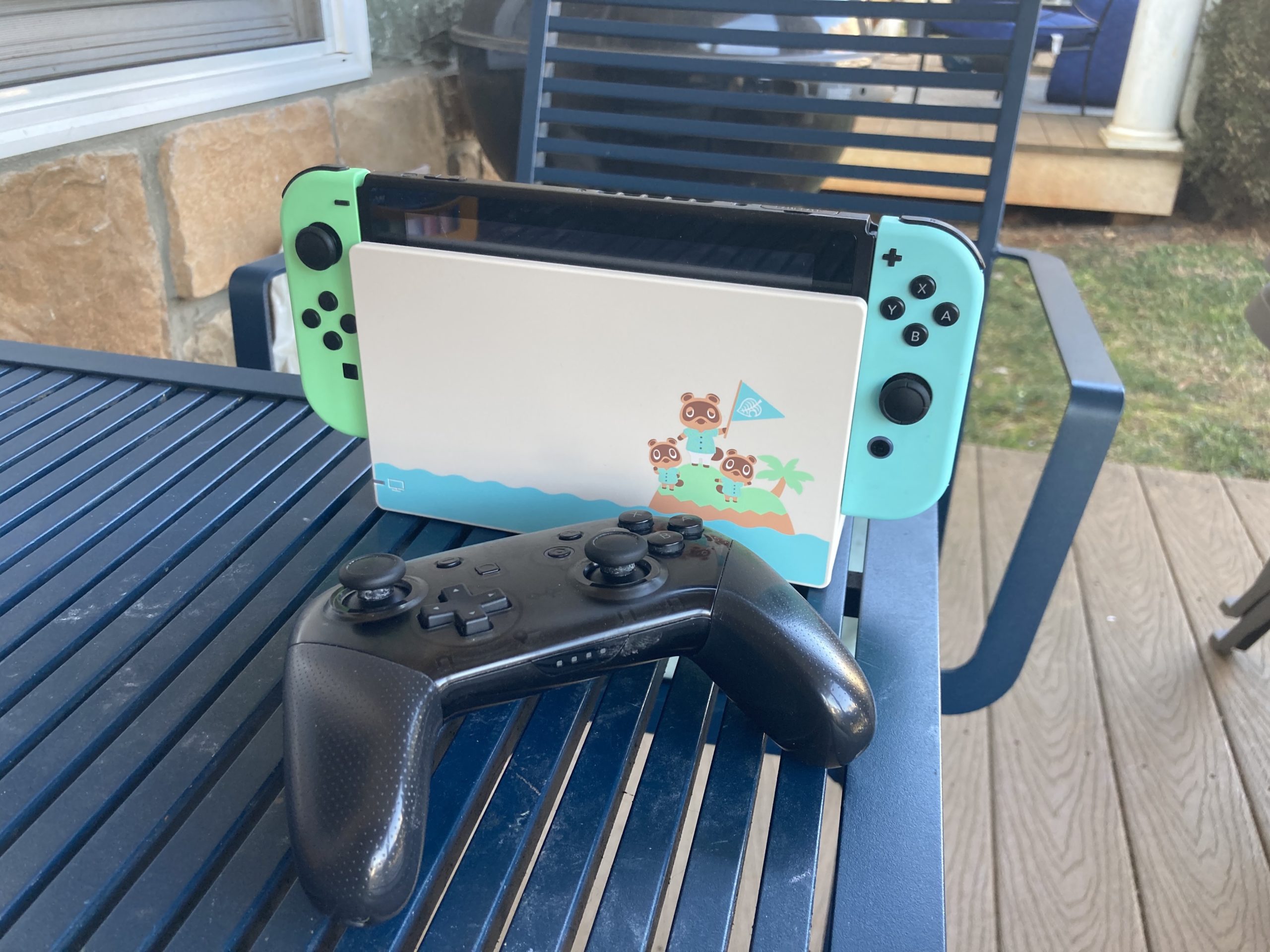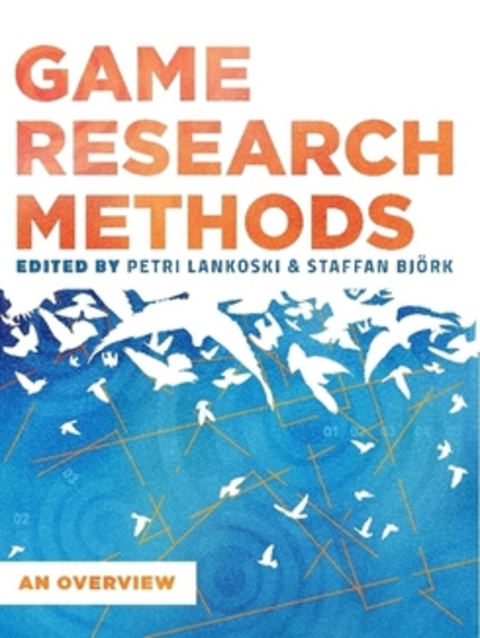MDST3510 – Spring 2023
Have you ever wondered how and why people play games? How games convey meaning? How people make sense of characters, stories, and actions in games? How fan cultures around games provide contexts for players to make meaning of their play? In this course, we will address online research in game studies, looking at the players of these media and the communities they engage with via online, qualitative research methods.
While many of us are familiar with games as players and sometimes as designers, this course also serves as an introduction to a kind of online game studies. Game studies comprises an interdisciplinary field of researchers who study games, the play of games, and the communities around them. We will focus, in this course, on how the research is conducted that comprises game studies, with an emphasis on understanding several qualitative different methods that have been used to investigate these media. We’ll also look at games, play, and the fandom around games from a decidedly online perspective — looking at how players engage with games, discuss them, and build communities around them in online spaces. This course will provide you small hands-on experiences to engage with research methods in this field, building toward a research proposal on a topic of your interest.
Initially, we will be using the above — free! — textbook, Game Research Methods, edited by Petri Lankoski and Staffan Björk to help frame the range of methods used in “games research.” In the Lankoski and Björk book, they identify five different kinds of game research methods — qualitative studies of games themselves, qualitative studies of playing and players, quantitative studies of games and play, mixed methods (qualitative and quantitative studies intertwined) approaches, and then experimental game design itself as a method.
We will initially survey many of these approaches and then, by the middle third of the term, we will focus on qualitative research methods, looking in particular at player research. How and why do people play games? In what contexts? For what reasons? How do we understand their explanations of their own play? How does the play of games reflect their engagement with gaming culture with race, gender, class, dis/ability, sexual orientation, and gender identity? How do we look at games and play as sites of cultural contestation? How has the internet served as an important backbone and also shaper for these conversations? In what ways do specific platforms — online forums, virtual worlds, Reddit, Discord, etc. — play roles in how online gaming culture has evolved? We will look at “player research” from an expansive perspective, focusing in particular on social, cultural, and political lenses for understanding engagement with these media.
In the last quarter of the term, students will be tasked with taking “deep dive” into qualitative research methods of their own choosing for understanding games and game play, developing research proposals on topics of their interest that rely on qualitative research methods. These may involve: interviews, focus groups, ethnographic field methods, online ethnography, and Discourse analysis, experimental game design, among others. Some texts which may be excerpted or read in whole include:

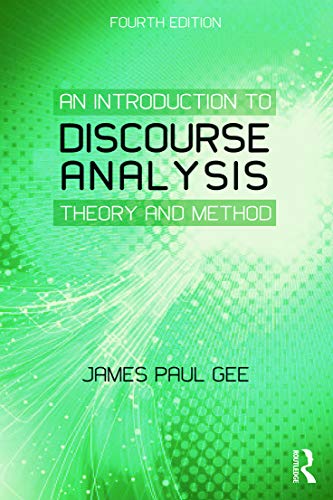
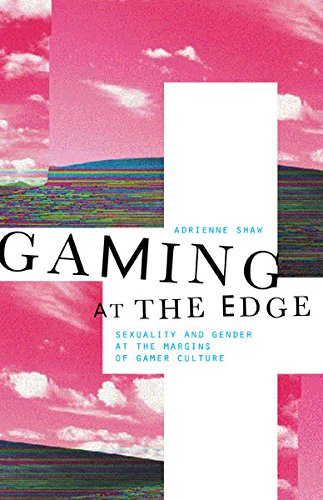
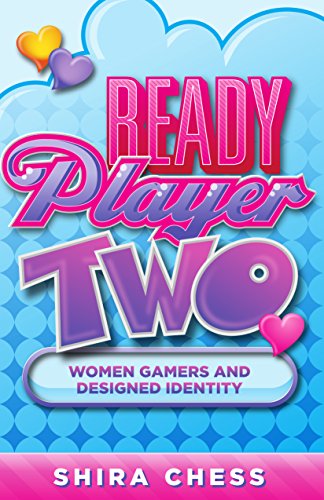

The approaches students take for research proposals will need to address player research — proposing new research that can help us to study how and why players engage with games (digital, board, role-playing, card, larp, etc). Additionally, all proposals will need to focus, at least in part, in online gaming culture, either as a context for study or as a factor considered in the development of the proposal.
While interest in games and online spaces is a plus, there is no expectation that a student have any experience with either games research or any research methods before this course. Students will be, by nature of the course design, engaging regularly in online spaces to complete small methods exercises — gaming forums, Reddit, social media, Discord. By the end of the semester, all students will identify a research question related to the course topics that they’d like to apply one or more qualitative methods toward, and will be tasked with creating a brief, directed research proposal on their chosen topic. Note: This is not a course about sports — the kinds of games that are the topic of this course do not involve athletics, but instead products marketed as hobbyist and popular digital and non-digital games.
This course is a seminar, with student discussion and active participation in the face-to-face and online components of the course serving as the primary activity. Students who are unprepared or uninterested in seminar discussion should not register for the course. Also, assessment for the course will be in the form of multiple written papers — no examinations will be given, including no Final Exam. Due to the online research on games emphasis, this course will still have a required online component, which will take the form of the use of a course Discord to foster out-of-class discussion, regular engagement in online spaces around these media (for methods exercises), among other opportunities.
The course is designed to fulfill the MDST major requirement for Media Research, and so all Media Studies students who successfully complete the course will receive credit toward this major requirement. Students who are interested in games, online research, qualitative research, audience/player research, or the study of computational media are also very welcome!
If you have any questions, please do not hesitate to contact Dr. Duncan at sean [dot] duncan [at] virginia [dot] edu.
